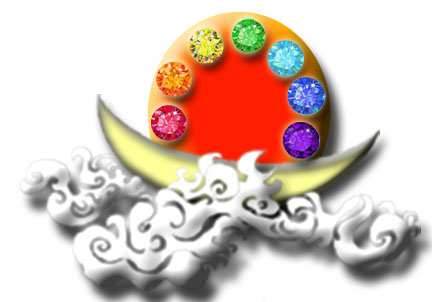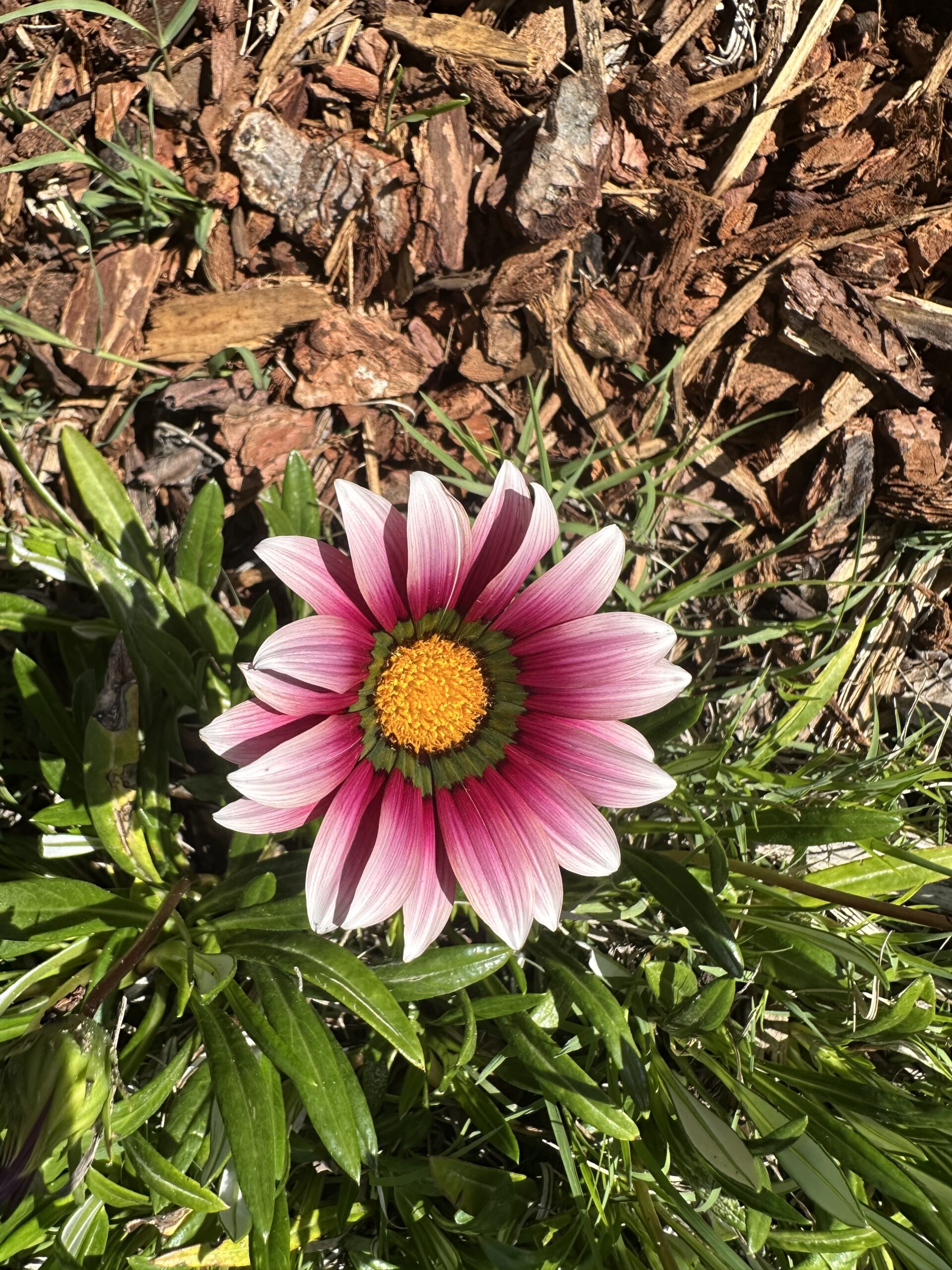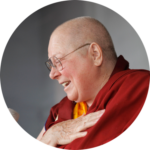Our Saturday morning discussion with LFBCS students began a bit differently this week. Everyone present shared their understanding of what was meant by the phrase “Shifting the Mind,” a practice introduced in H.H. Dorje Chang Buddha III’s Supreme and Unsurpassable Mahamudra of Liberation (SAUMOL). I was quite amazed at the depth and variation in the responses, although many also had similar reactions. I do not think that any of us felt we had it quite right yet, but we were all working on it. I also felt that there was some insight to be gained from everyone’s perception and an openness to continue to perfect the practice. Those who choose to enroll in either “P01-Introduction to the SAUMOL” or “P02X-SAUMOL Practice” may listen to the video that has been posted on this discussion of “Shifting the Mind” as well as another discussion on the “Xiaman Most Excellent Oceanic Mind-Essence,” which also discusses the “Shifting the Mind” practice.

This response is the same as I receive from our informal weekly discussions on Imparting the Absolute Truth through the Heart Sutra. There is progress and their is insight that comes from being able to talk about what we hear, experience, and understand–even if we are often wrong. That helps us as well. Most of those who participate in these weekly encounters have been to the temple and several have had the opportunity to come and read the sutra several times, but others who have not had that good fortune are able to hear what the sutra teaches us. I must admit, I was not certain this series of classes would work, since none of us pretend to be able or attempt to direct the discussion, but I believe it is enabling at least a core group of students to hear and go deeper into understanding this magnificent gift that our Buddha Master has left us. We may not have a physical teacher, but the teaching is so strong and clear that it is like the Buddha Master is with us and teaching us through His words, if not with His presence. There are even students enrolled in the course who are listening to the recordings of the sessions. I would welcome feedback from them as well.
This week our discussion of Lesson 4 on the “Three Types of Prajna” went back and added more material that I was not able to read the previous week starting with question 165 on the “Thrree Wheels of Time,” expanding on why we must first focus on colutivating ourselves to be good persons, and then exploring the first of the three types of prajna–“language prajna.” The Buddha Master tells us, “ Thus, language prajna is necessary. Only with language prajna can one understand meanings and principles. You have to follow the meanings and principles of this book. Only then can you enter contemplative illumination. Only by following those meanings and principles can you examine, speculate, progress through reflection, and analyze. Only then can one find the true guiding principle of prajna and the absolute truth of prajna. Hence, one must enter, or realize, principles in accordance with language prajna. One must enter contemplation through such principles. Only then can one enter the state of intrinsic-reality prajna.That is why language prajna was established.”
The Buddha Master then goes on to say, “Pursuing cultivation in accordance with this prajna, one’s dhyana and wisdom become perfectly bright. Cultivating oneself in accordance with this prajna, one naturally enters a state of dhyana. As I said a short while ago, a state of dhyana entails abiding imperturbably in our dharma-nature of true emptiness, yet not being attached to such emptiness. Only that can be called true dhyana. Being attached to such emptiness, joy, or nothingness, descending into stubborn only-emptiness, or descending into a state of pleasure are all states of degeneration whereby one can only become a deva or a being of similar type.” He also said that “You can generate wisdom only if you have dhyana.” Please note that these are quotes from a preliminary translation and can only be used as reference.
This was an especially helpful session because not only did the Buddha Master give us such insight into the profound meaning of prajna and dhyana, we were also reminded to remain clear on what the goal is of learning Buddhism and given basic information on the “three realms,” the “three spheres,” and the characteristics of each. Next week we will continue Lesson 4 and consider the second of the three types of prajna–contemplative-illumination prajna–and maybe start to discuss the third–intrinsic-reality prajna. Remember we are only looking at the words used in the title of the sutra. We have not yet begun to study the sutra itself. Students enrolled in the class may view the video of this session at DCB21. Be sure and read announcements [located between FAQ and Reviews] to see what has been revised and added.
January 21, 2023: for article on Lesson 4A (157-167) and HERE for recording of that class.
January 14, 2023: for article on Lesson 3B (140-156) and HERE for recording of that class.
January 07, 2023: for article on Lesson 3A (118-139) and HERE for recording of that class.
December 17, 2022: for article on Lesson 2 (82-117) and HERE for the recording of that class.
December 10, 2022: for article on Lesson 1 (54-81) and HERE for the video recording of that class.
December 03, 2022: for article on Lesson 0B (28-53) and HERE for the video recording of that class.
November 26, 2022: article on 0A (1-27) and HERE for the video recording of that class.
November 21, 2022: for earlier article introducing Lesson 0A.
You can see that we are already behind schedule and need to revise the schedule accordingly. CLICK for revised schedule. Classes were added for February 25 and March 11.





Add comment